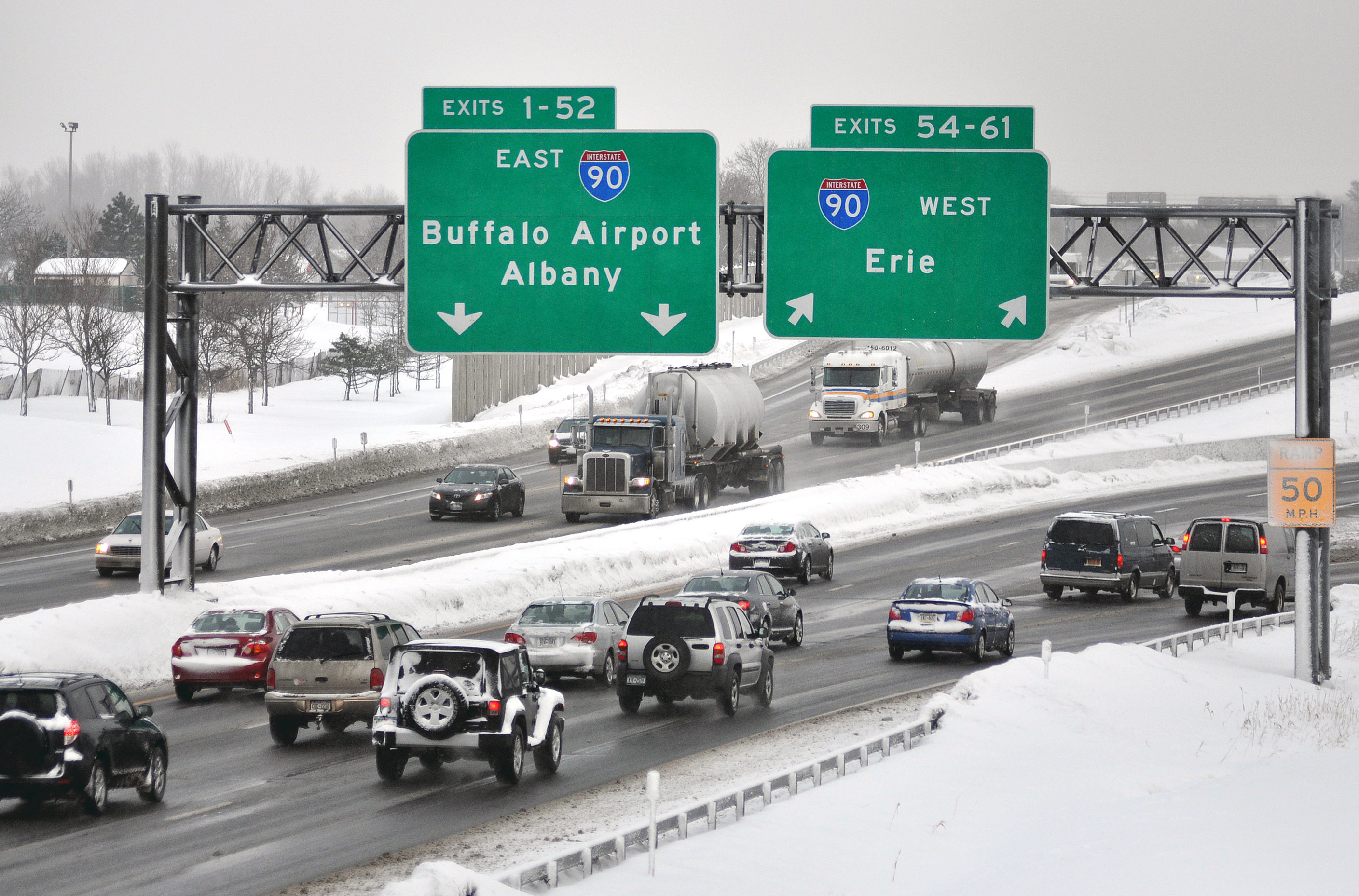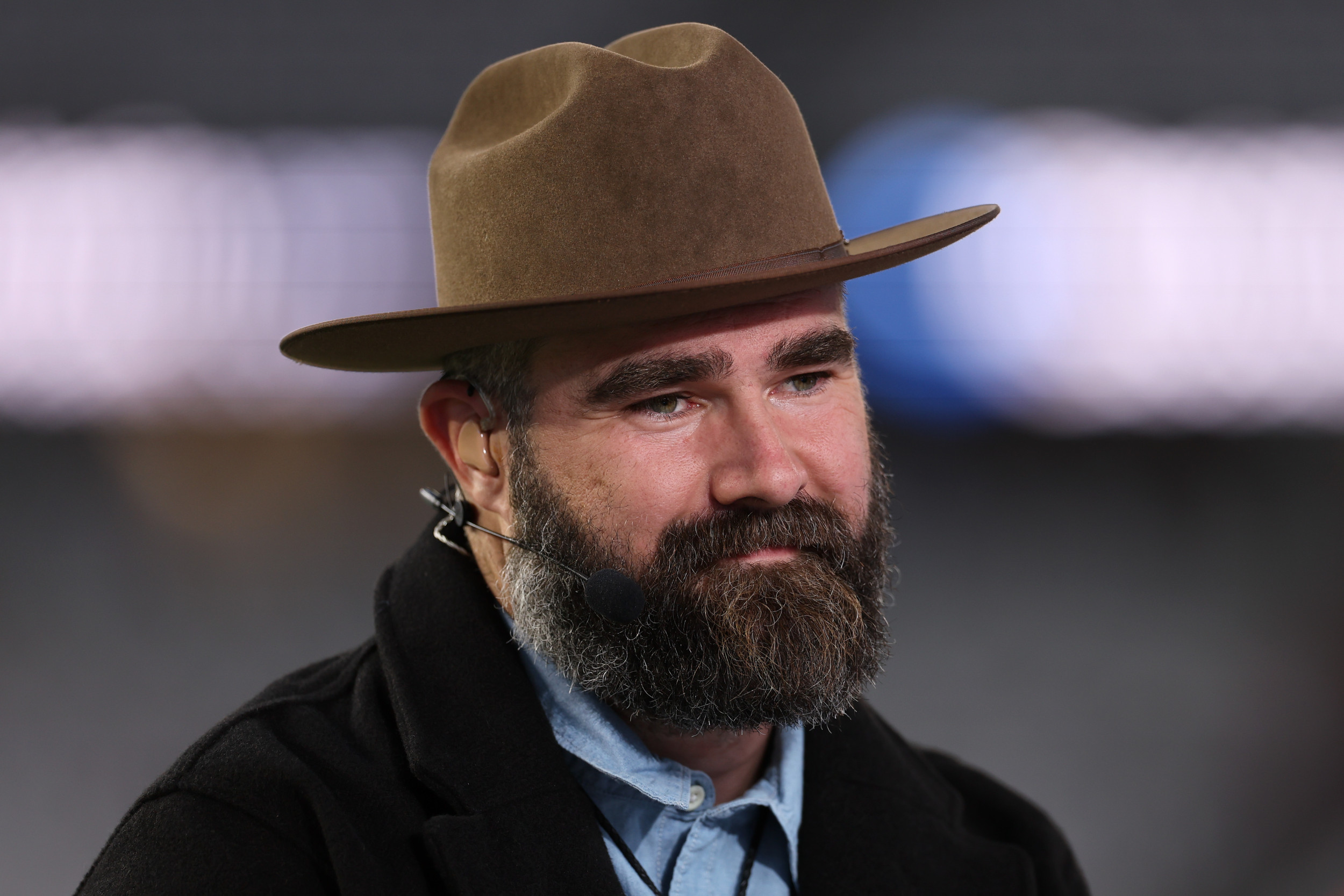Senior Canadian figures have reacted with shock and concern to Donald Trump's announcement that he plans to impose tariffs of 25 percent on all goods entering the United States from Canada and Mexico when returned to the White House.
Ontario Premier Doug Ford said the move would be "devastating to workers and jobs" while the Canadian American Business Council (CABC) said it would "harm businesses on both sides of the border."
Trump revealed the policy on Monday via his Truth Social website, saying the measures would remain in place "until such time as Drugs, in particular Fentanyl, and all Illegal Aliens stop this Invasion of our Country!" The president-elect also said he would introduce a 10 percent tariff on all Chinese goods until Beijing prevents "drugs, in particular Fentanyl" from entering the United States.
Canadian Prime Minister Justin Trudeau spoke to Trump around two hours after his tariff announcement, with the conversation described as constructive, The New York Times and the BBC reported, both citing a Canadian official. Newsweek is not able to verify this conversation. Newsweek contacted Global Affairs Canada, which coordinates media relations for the Canadian government, and the Canadian embassy in Washington D.C. for comment via email on Tuesday outside of regular office hours.
There was some support for Trump's announcement at home.
Billionaire hedge fund manager and Trump supporter Bill Ackman said on X that Trump was using tariffs "as a weapon to achieve economic and political outcomes which are in the best interest of America, fulfilling his America first policy."
"To be clear," Ackman said, "according to Trump the 25% tariffs will not be implemented, or if implemented will be removed, once Mexico and Canada stop the flow of illegal immigrants and fentanyl into the U.S."
Canadian Deputy Prime Minister Chrystia Freeland and Public Safety Minister Dominic LeBlanc reacted to Trump's tariff plan with a joint statement which said Canada "places the highest priority on border security and the integrity of the shared border."
The statement added that the Canadian Border Service Agency is "continually strengthening its ability to detect opioids through enhanced inspections at ports of entry, detector dogs, and emerging technologies, preventing opioids from entering and leaving Canada."
According to figures obtained from U.S. Customs and Border Protection (CBP) by CBS News, illegal crossings of the U.S.-Canadian border have increased dramatically in recent years, with 19,000 arrests reported so far in the 2024 fiscal year versus 7,000 in 2023.

However the number detained remains dramatically lower than on the U.S-Mexico border, where CBP made 53,858 arrests in August.
In September, Canadian police arrested a man in Ormstown, Quebec, who they claimed was planning to illegally enter the U.S. and launch a terrorist attack against New York's Jewish community on behalf of ISIS.
Speaking to reporters on Tuesday morning, Trudeau said he would meet with provincial and territorial premiers "this week" to discuss trade between Canada and the U.S., adding: "This is a relationship that we know takes a certain amount of working on, and that's what we'll do."
In a post on X, formerly Twitter, following Trump's announcement Ontario Premier Ford wrote: "A 25 per cent tariff would be devastating to workers and jobs in both Canada and the U.S. The federal government needs to take the situation at our border seriously."
British Columbia Premier David Eby said on X: "Trump's tariffs would hurt Canadians and Americans alike. Canadians must stand united. Ottawa must respond with strength."
In a statement the Canadian Business Council said that "we strongly oppose" Trump's plan, which it said would "harm businesses on both sides of the border and erode the economic and geopolitical strength of North America."
Candace Laing, president of the Canadian Chamber of Commerce, said: "Being America's 'nice neighbour' won't get us anywhere in this situation. President-elect Trump's intention to impose 25% tariffs signals that the U.S.-Canada trade relationship is no longer about mutual benefit. To him, it's about winners and losers—with Canada on the losing end.
"We're facing a significant shift in the relationship between long-standing allies. Canada's signature approach needs to evolve: we must be prepared to take a couple of punches if we're going to stake out our position. It's time to trade 'sorry' for 'sorry, not sorry'."
Oil and gasoline expert Patrick De Haan said on X that Trump's proposed tariff would "have huge impacts to #gasprices in the Great Lakes, Midwest & Rockies, which are major markets where refiners process Canadian oil."
During his 2024 presidential election campaign Trump said he would impose a 60 percent tariff on goods from China and a flat 10-20 percent tariff on countries that "have been ripping us off," though he didn't list which countries he thinks fulfill this criteria.



















 English (US) ·
English (US) ·